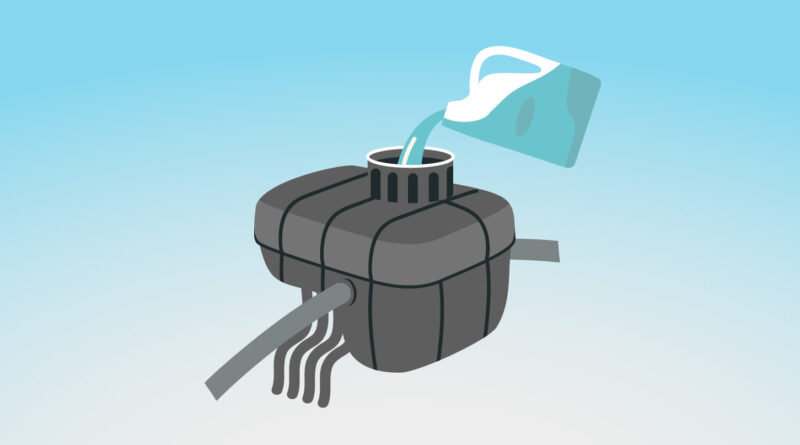Information About What is Engine Coolant?
Understanding the role and importance of engine coolant can help maintain your vehicle’s performance and longevity. Engine coolant, also known as antifreeze, is a vital fluid used in the cooling system of internal combustion engines. It helps regulate the engine’s temperature, preventing it from overheating or freezing in extreme conditions.
What is Engine Coolant Made Of?
Coolant is typically a mixture of water and antifreeze. The most common types of antifreeze are ethylene glycol and propylene glycol. These substances are combined with water to create a solution that effectively manages the engine’s temperature.
Components of Coolant:
- Water: A key component for heat transfer.
- Ethylene Glycol: Commonly used antifreeze with excellent heat transfer properties.
- Propylene Glycol: A less toxic alternative to ethylene glycol.
- Additives: Corrosion inhibitors, lubricants, and anti-foaming agents to enhance performance and protect the engine.
How Does Coolant Work?
Coolant circulates through the engine and the radiator, absorbing heat from the engine and dissipating it through the radiator. The process involves the following steps:
- Circulation: The coolant is pumped through the engine by the water pump.
- Heat Absorption: As the coolant flows through the engine, it absorbs excess heat.
- Heat Dissipation: The heated coolant travels to the radiator, where it releases heat into the air.
- Recirculation: The cooled coolant returns to the engine to repeat the process.
This continuous cycle helps maintain the engine’s temperature within an optimal range, ensuring efficient performance and preventing damage.
Why is Coolant Important?
Engine coolant plays several critical roles in maintaining your vehicle’s health and performance:
1. Temperature Regulation
Coolant keeps the engine at a stable temperature, preventing overheating in hot conditions and freezing in cold weather.
2. Corrosion Protection
Modern coolants contain additives that protect the engine and cooling system components from rust and corrosion, extending their lifespan.
3. Lubrication
Coolant lubricates the water pump and other moving parts within the cooling system, reducing wear and tear.
4. Freeze Protection
Antifreeze in the coolant prevents it from freezing in extremely cold temperatures, ensuring the engine can start and run smoothly.
Types of Coolant
There are different types of engine coolant, each formulated to meet specific requirements and vehicle specifications:
1. Inorganic Acid Technology (IAT)
- Traditional green coolant.
- Requires frequent replacement (every 2-3 years or 30,000 miles).
2. Organic Acid Technology (OAT)
- Typically orange or red.
- Longer-lasting, with a service life of up to 5 years or 150,000 miles.
3. Hybrid Organic Acid Technology (HOAT)
- A combination of IAT and OAT.
- Often yellow or turquoise.
- Service life of about 5 years or 150,000 miles.
4. Phosphate-Free Organic Acid Technology (P-OAT)
- Commonly found in European vehicles.
- Long-lasting, similar to OAT.
How to Check and Maintain Coolant
Regular maintenance of your vehicle’s cooling system ensures optimal performance and prevents potential issues. Here’s how to check and maintain your engine coolant:
1. Check Coolant Level
- Locate the coolant reservoir (usually a translucent plastic tank near the radiator).
- Ensure the coolant level is between the “MIN” and “MAX” marks.
2. Inspect Coolant Condition
- Coolant should be clear and free of debris.
- Discolored or contaminated coolant should be replaced.
3. Top Up Coolant
- Use the coolant type specified in your vehicle’s owner manual.
- Add coolant to the reservoir, if necessary.
4. Flush and Replace Coolant
- Follow your vehicle manufacturer’s recommended schedule for coolant replacement.
- Flushing the system and replacing the coolant removes contaminants and replenishes additives.
Engine coolant is an essential fluid that plays a vital role in maintaining your vehicle’s engine temperature and overall health. Understanding its function, types, and maintenance requirements can help you keep your vehicle running smoothly and efficiently. Regularly checking and maintaining your engine coolant ensures that your engine stays protected against extreme temperatures, corrosion, and wear, prolonging its lifespan and enhancing performance.
For more automotive maintenance tips and expert advice, visit our blog and stay updated on best practices for keeping your vehicle in top condition.
Buying a used VW. Buying used vauxhall, BMW, Jaguar, Ford, Volvo, Range rover, Bentley, Aston Martin, Porsche, Ferrari, Lamborghini, Maserati, Hyundai, Tesla, Honda, Pagani

